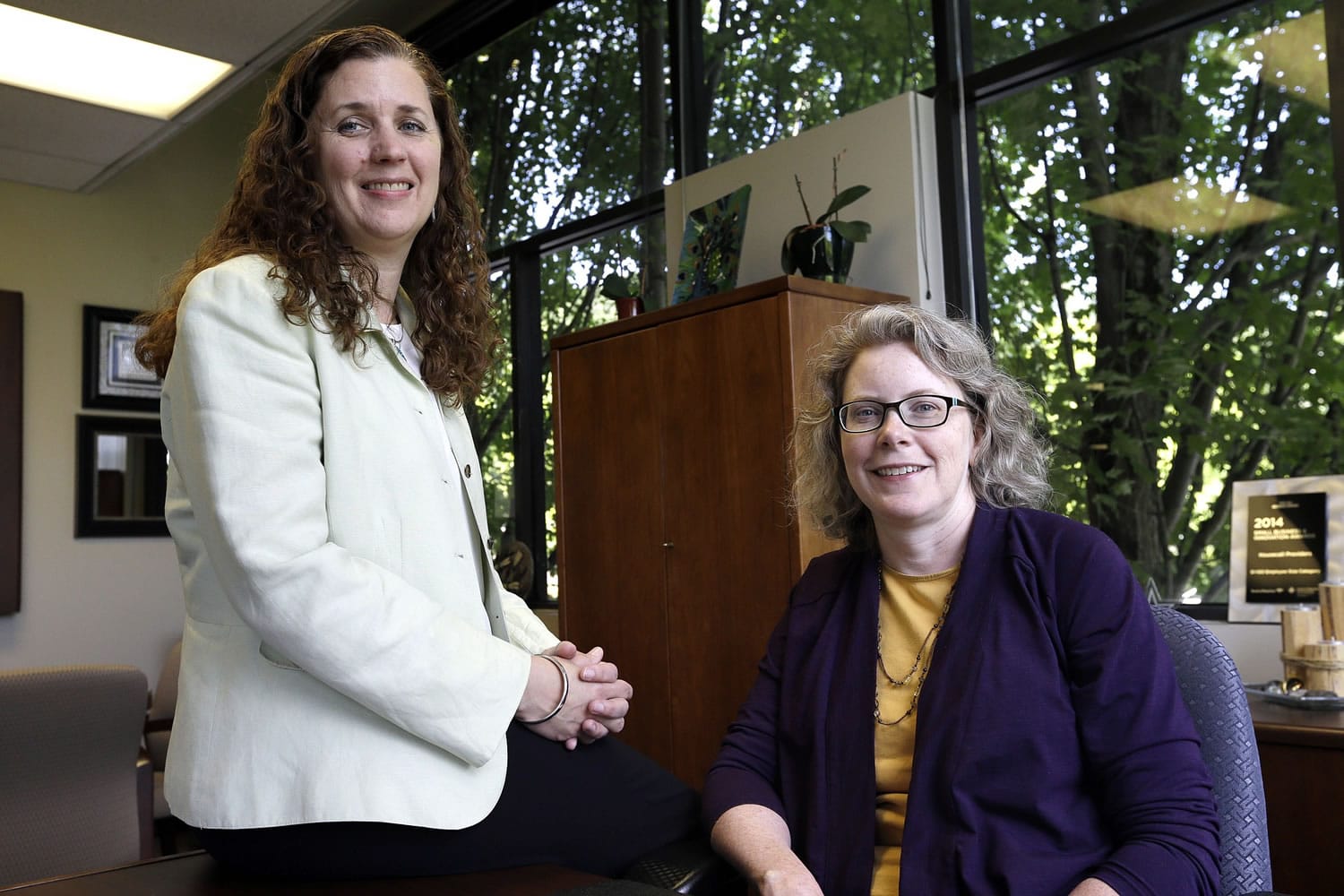WASHINGTON — The humble house call is being put to the test to see if it can improve care and cut costs for some of Medicare’s frailest patients — and new data suggests it can work.
Medicare announced Thursday that it saved more than $25 million in the first year of a three-year study to determine the value of home-based primary care for frail seniors with multiple chronic illnesses, by avoiding pricier hospital or emergency room care.
Dr. Patrick Conway, Medicare’s chief medical officer, says the house call delivers “high-touch” coordinated care that allows doctors and nurses to spot brewing problems in a patient’s everyday environment before he or she worsens.
“If we can keep people as healthy as possible and at home, so they only go to the hospital or emergency room when they really need to, that both improves quality and lowers cost,” he said.
House calls are starting to make a comeback amid a rapidly graying population, although they’re still rare. The idea: A doctor or nurse-practitioner, sometimes bringing along a social worker, makes regular visits to frail or homebound patients whose needs are too complex for a typical 15-minute office visit — and who have a hard time even getting to a physician’s office.
Forget the little black bag of yore. Today’s house calls can result in an EKG in the living room, and on-the-spot tests for infections. Providers can use portable X-rays, check medicine bottles to tell if patients are taking their pills, spot tripping hazards, and peek in the kitchen to see if healthy food is on hand.
“It helps you avoid the emergency situations,” said Naomi Rasmussen, whose 83-year-old father in Portland, Oregon, is part of Medicare’s Independence at Home study.
Her father, stroke survivor Teodor Mal, is prone to frequent infections and unable to tell his wife or daughter whenever he starts to feel ill. Visits to multiple doctors left him so agitated that a good exam was difficult, and just getting him and his wheelchair there took several hours and a special van.
Now Mal gets his primary care at home, from Portland-based Housecall Providers Inc. When family members see any worrisome changes in his behavior or appearance, providers can make a quick visit to see if another urinary tract infection or case of pneumonia is beginning, in time to give at-home antibiotics a chance.
It took extra primary care visits, but “he went from bouncing in and out of the hospital to one hospitalization in an entire year,” said Housecall Providers nurse Mary Sayre.
But this kind of care is hard to find, in part because of reimbursement. Medicare did pay for more than 2.6 million house call visits in 2013. But add in the travel time, and doctors can see — and get paid for — many more patients in a day in the office than they can see on the road.
Enter Medicare’s Independent at Home demonstration project, now in its third year of testing how well a house call approach really works and how to pay for it. About 8,400 frail seniors with multiple chronic conditions — Medicare’s most expensive type of patient — are receiving customized home-based primary care from 17 programs around the country. The incentive for doctors: They could share in any government savings if they also meet enough quality-care goals.
On Thursday, Medicare released its long-awaited analysis of the study’s first year and said the project saved an average of $3,070 per participating beneficiary; Conway said all but five practices generated savings.
Medicare will divide $11.7 million in incentive payments among the nine practices that met enough of the quality requirements for that financial bonus, including Portland’s Housecall Providers.
“We need to shift costs to this kind of intervention,” said Dr. Pamela Miner of Housecall Providers.
The Affordable Care Act created the Medicare study, and legislation is pending in Congress to extend the project another two years.
“Patients want to be cared for in their living rooms, not the emergency room,” said Sen. Edward J. Markey, D-Mass., who wants the project made permanent.



